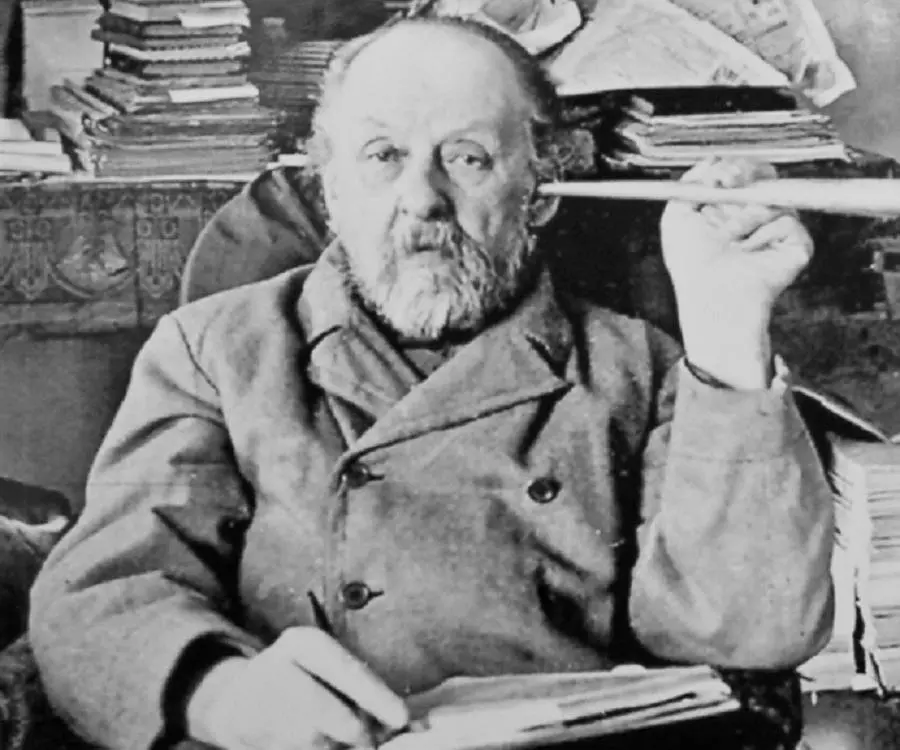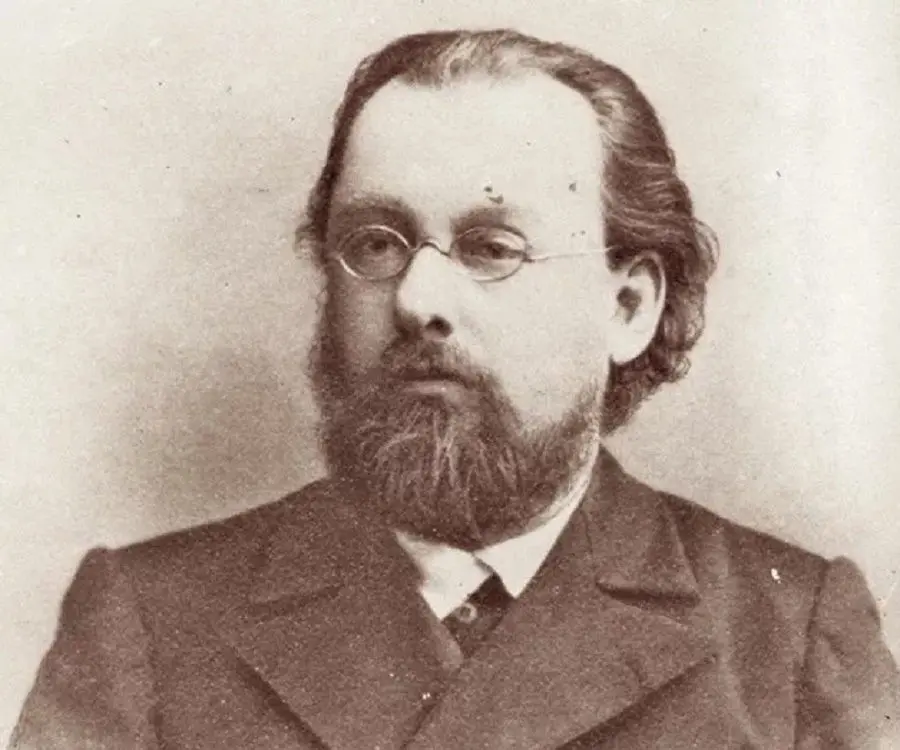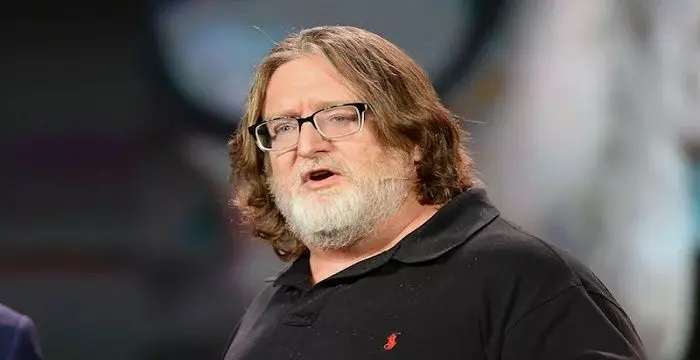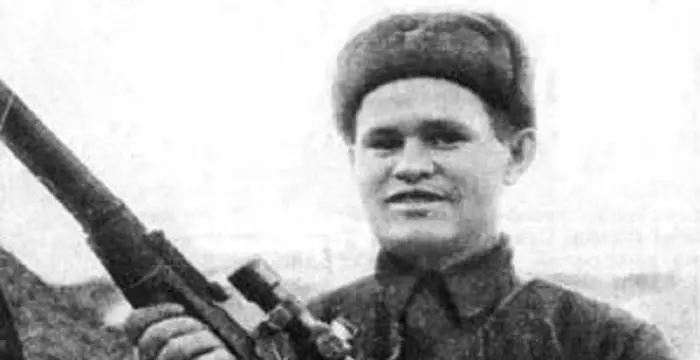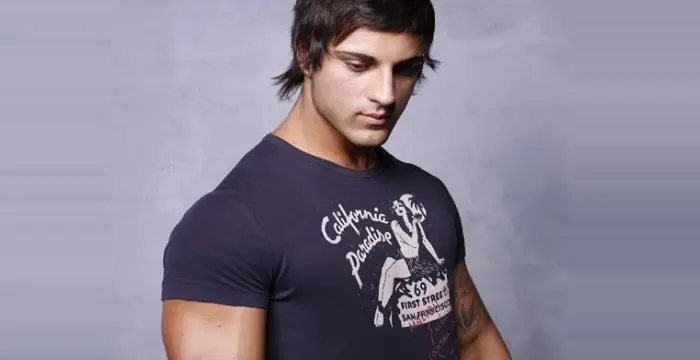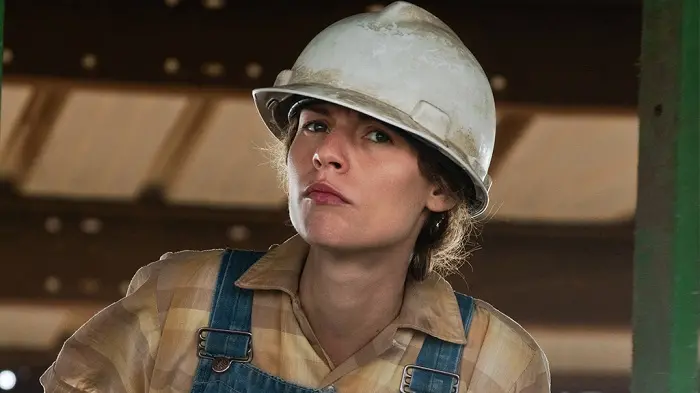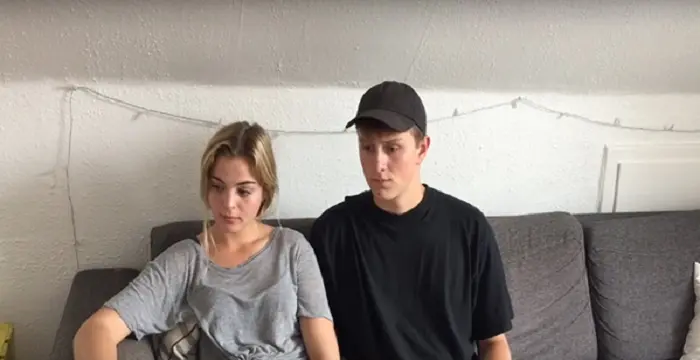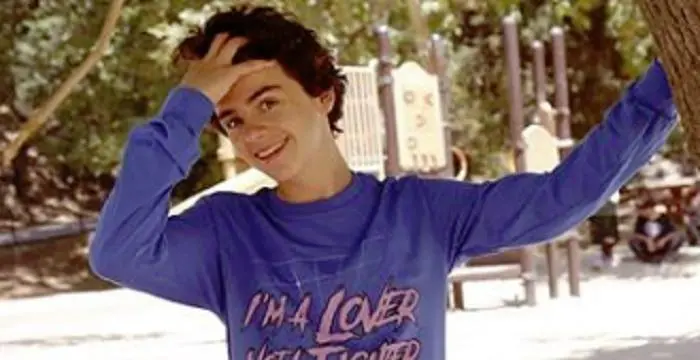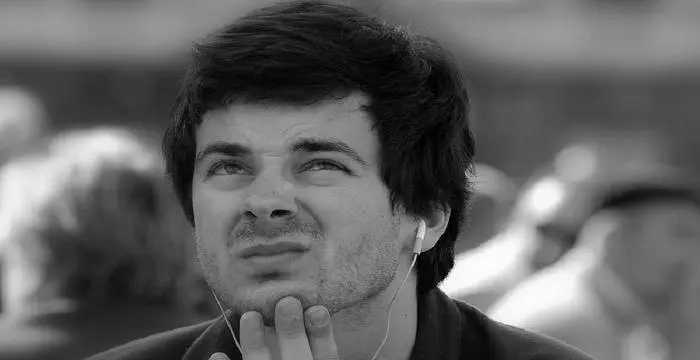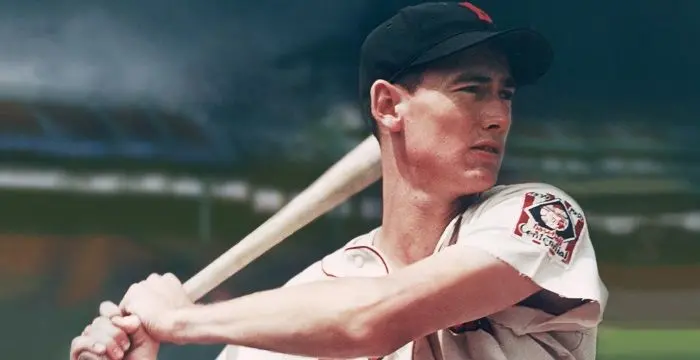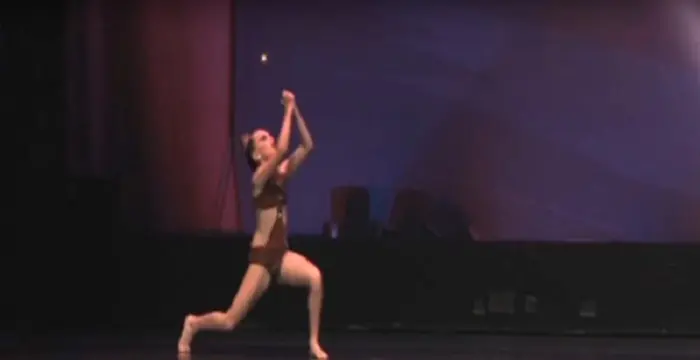
Konstantin Tsiolkovsky - Russian-soviet Rocket Scientist, Timeline and Childhood
Konstantin Tsiolkovsky's Personal Details
Konstantin Tsiolkovsky was a Russian rocket scientist and a pioneer of astronautics
| Information | Detail |
|---|---|
| Birthday | September 17, 1857 |
| Died on | September 19, 1935 |
| Nationality | Russian |
| Famous | Scientists, Russian-soviet Rocket Scientist |
| Spouses | Varvara Yevgrafovna Sokolovaya (m. 1880) |
| Siblings | Aleksandr Tsiolkovsky, Boris Tsiolkovsky, Dmitriy Tsiolkovsky, Ignatiy Tsiolkovsky, Iosif Tsiolkovsky, Mariya Lyubimova, Yekaterina Tsiolkovskaya |
| Known as | Konstantin Eduardovich Tsiolkovsky |
| Birth Place | Izhevskoye, Ryazan Governorate |
| Born Country | Russia |
| Gender | Male |
| Father | Edward Tsiolkovsky |
| Mother | Maria Yumasheva |
| Sun Sign | Virgo |
| Born in | Izhevskoye, Ryazan Governorate |
| Famous as | Russian-Soviet Rocket Scientist |
| Died at Age | 78 |
Konstantin Tsiolkovsky's photo
Who is Konstantin Tsiolkovsky?
Konstantin Tsiolkovsky was one of the most respected Russian rocket scientists and a pioneer of astronautics. He is still regarded as one of the founding fathers of modern-day astronautics and rocketry, the others being the French Robert Esnault-Pelterie, the German–Romanian Hermann Oberth, and the American Robert H. Goddard. After being suspended from school at the age of 14, Konstantin designed his education himself and developed major insights into the space sciences. His work helped the Soviet Union usher in a new era of space race with the US. Before he became a scientist, he started his career as an author, writing science fiction, and was one of the very first people to study the impact of zero gravity on the human body and mind during space travel. He designed airships and invented Russia’s very first wind tunnel before he set his eyes on space exploration. In 1903, he published a paper titled ‘The Exploration of Cosmic Space by Means of Reaction Devices.’ In 1929, he wrote another paper that showed how the multi-stage rocket system was the most effective way to enter outer space. Konstantin passed away in 1935, at the age of 78.
// Famous Scientists
Juliane Koepcke
Juliane Koepcke is a German-Peruvian biologist, who was the lone survivor among the 92 passengers and crew of the ill-fated LANSA Flight 508 that crashed in the Peruvian rainforest on 24 December 1971. Know more about her life in this biography.
Henry Cavendish
Henry Cavendish was a theoretical chemist and physicist, renowned for discovery of hydrogen and calculation of the mass of earth. To know more about his childhood, profile, timeline and career read on
Gabe Newell
Gabe Newell is an American computer programmer and businessman, best known as the co-founder of ‘Valve Corporation.’ This biography provides detailed information about his childhood, family, personal life, career, etc.
Childhood & Early Life
Konstantin Tsiolkovsky was born on September 17, 1857, in Izhevskoye, present-day Spassky, in the Russian Empire, into a middle-class family. He was the fifth of the 18 children in the Polish immigrant family. His father, Edward, was a teacher, forester, and a minor government employee. His mother was a homemaker.
Konstantin’s childhood was not too easy. At the age of 10, he suffered from scarlet fever, which was regarded as a life-threatening disease back then. He recovered, but his sense of hearing was affected, and he became deaf. This made it difficult for him to pay attention in school. As a result, he resorted to homeschooling. To make things worse for him, his mother passed away when he was just 13 years old.
He studied almost all the basic subjects. Being homeschooled gave him enough time to study several books on topics that interested him greatly. He became increasingly addicted to reading books related to physics and mathematics. During his teenage years, he started fantasizing about space travel and believed that if humans ever colonized space, it would lead to immortality and a carefree existence.
Konstantin was almost always reading books and working on his theories, which had his father worried about his future and well-being. His father thought that Konstantin, being deprived of formal education, would not be able to make enough money for himself and his family. At the age of 19, Konstantin moved back to his paternal house.
Konstantin then moved to the small town of Borovsk and started working as a school teacher. Around the same time, he met Varvara Sokolova and got married to her soon after. Soon, he was sent to another school in Kaluga, and he remained there for the rest of his life. His little home there became the center of a number of scientific achievements that would later be known to the entire world.
Achievements
Initially, Konstantin was interested in the philosophical aspects of space travel, as the concept seemed very impractical at that time. He often wrote science-fiction stories, where he elaborately mentioned designs for rockets, space stations, and airlocks, which could be crucial for humans exiting their spaceships and entering the vacuum of space.
One of the very first of his scientific theories dates back to 1880, when he published a paper titled ‘Theory of Gases.’ His paper focused on the kinetic theory of gases, but it was rejected by the ‘Russian Physico-Chemical Society’ on the basis of research made years before Konstantin came up with his theory. His second paper, ‘The Mechanics of the Animal Organism,’ made him a member of the society.
In 1883, he published a paper that explored the effects of zero gravity in space. After 1884, Konstantin concentrated all his attention on airships and rockets for future interplanetary travel. In the late 19th century, he devoted a lot of his time to the development of an all-metal airship balloon, which could be expanded or shrunk upon requirement. At the same time, he worked on developing the first all-Russian wind tunnel.
In 1903, he came up with the research paper ‘The Exploration of Cosmic Space by Means of Reaction Devices,’ which was published in ‘The Science Review.’ Konstantin then published several other articles, which collectively became the first-ever scientific research study that solely dealt with realistic space explorations.
Konstantin made the path-breaking discovery that spaceships could be fueled by liquid hydrogen and liquid oxygen. Liquid hydrogen had only been discovered a few years prior to the paper being published. His proposed design is the one used in current space rockets. He suggested that a rocket must have three parts and that the pilot and the co-pilot must sit in the first compartment. He further suggested that the remaining two parts should contain liquid hydrogen and liquid oxygen, to push the first compartment into space.
‘The Scientific Review’ took a backseat soon after. Konstantin concentrated on his job as a teacher and continued teaching for the most part of early 20th century. However, he had turned his apartment into a lab and continued working privately. His research papers slowly crossed national borders. American scientist Robert H. Goddard and German–Romanian scientist Hermann Oberth had been independently working on the same concepts. All three of them, along with French spaceflight theorist Robert Esnault-Pelterie, are collectively known as the “fathers of rocketry.”
In 1929, Konstantin published another paper, where he further elaborated on three-stage rockets. He came up with several other plausible options, such as using a graphite rudder to push the rockets into space, using pumps to drive fuel to the combustion chamber from the storage tanks, and using propellants to cool parts of the rocket.
Apart from being a brilliant rocket scientist, Konstantin was a music lover, too. Despite suffering from a hearing problem since a very early age, he understood the intricacies of music and even authored a paper titled ‘The Origin of Music and Its Essence.’
Other Works
Apart from science fiction, Konstantin had an interest in philosophy and advocated the philosophy of panpsychism in his book ‘The Will of the Universe. The Unknown Intelligence.’ He believed that someday, humans would be able to colonize the Milky Way using their technological advancement.
Personal Life & Legacy
Konstantin Tsiolkovsky had devoted his entire life to science and technology, but his work was not acknowledged until much later in life. In 1918, he was made a member of the ‘Socialist Academy.’ He worked as a school teacher until the age of 63. Since 1921, he was put on a pension scheme.
Only toward the mid-1920s did the Russian government begin to understand the genius that he was. Soon, the government provided financial backing to his research. He became highly popular in Russia by 1931, when popular science-fiction writers began mentioning his name as one of their key inspirations.
Konstantin died on September 19, 1935, due to the complications arising from stomach cancer.
// Famous Russian peoples
Vasily Zaytsev
Vasily Zatysev was a Russian sniper who served during the World War II. Check out this biography to know about his childhood, family life, achievements and fun facts about him.
Zyzz (Aziz Shavershian)
Zyzz (Aziz Shavershian) was a popular Australian Body Builder and internet personality. Check out this biography to know about his childhood, family life, achievements and other facts about his life.
Kristina Pimenova
Read this bio to gather several facts, trivia and many details related to the personal and family life of Kristina Pimenova.
Konstantin Tsiolkovsky biography timelines
- // 17th Sep 1857Konstantin Tsiolkovsky was born on September 17, 1857, in Izhevskoye, present-day Spassky, in the Russian Empire, into a middle-class family. He was the fifth of the 18 children in the Polish immigrant family. His father, Edward, was a teacher, forester, and a minor government employee. His mother was a homemaker.
- // 1880One of the very first of his scientific theories dates back to 1880, when he published a paper titled ‘Theory of Gases.’ His paper focused on the kinetic theory of gases, but it was rejected by the ‘Russian Physico-Chemical Society’ on the basis of research made years before Konstantin came up with his theory. His second paper, ‘The Mechanics of the Animal Organism,’ made him a member of the society.
- // 1883 To 1884In 1883, he published a paper that explored the effects of zero gravity in space. After 1884, Konstantin concentrated all his attention on airships and rockets for future interplanetary travel. In the late 19th century, he devoted a lot of his time to the development of an all-metal airship balloon, which could be expanded or shrunk upon requirement. At the same time, he worked on developing the first all-Russian wind tunnel.
- // 1903In 1903, he came up with the research paper ‘The Exploration of Cosmic Space by Means of Reaction Devices,’ which was published in ‘The Science Review.’ Konstantin then published several other articles, which collectively became the first-ever scientific research study that solely dealt with realistic space explorations.
- // 1918 To 1921Konstantin Tsiolkovsky had devoted his entire life to science and technology, but his work was not acknowledged until much later in life. In 1918, he was made a member of the ‘Socialist Academy.’ He worked as a school teacher until the age of 63. Since 1921, he was put on a pension scheme.
- // 1929In 1929, Konstantin published another paper, where he further elaborated on three-stage rockets. He came up with several other plausible options, such as using a graphite rudder to push the rockets into space, using pumps to drive fuel to the combustion chamber from the storage tanks, and using propellants to cool parts of the rocket.
- // 1931Only toward the mid-1920s did the Russian government begin to understand the genius that he was. Soon, the government provided financial backing to his research. He became highly popular in Russia by 1931, when popular science-fiction writers began mentioning his name as one of their key inspirations.
- // 19th Sep 1935Konstantin died on September 19, 1935, due to the complications arising from stomach cancer.
// Famous Virgo Celebrities peoples
Temple Grandin
Temple Grandin is a well-known American writer, autistic activist and animal expert. This biography profiles her childhood, life, achievements, career and timeline
Alex Holtti
Check out all that you wanted to know about Alex Holtti, the famous Danish Viner & YouTuber; his birthday, his family and personal life, his girlfriends, fun trivia facts and more.
Jack Dylan Grazer
Jack Dylan Grazer is an American actor known mainly for his performance in the movie version of ‘Stephen King’s novel ‘It.’ Check out this biography to know about his childhood, family, personal life, birthday, etc.
Benjamin Atkinson
Benjamin Atkinson is the son of the world-renowned British actor and comedian, Rowan Atkinson. Check out this biography to know about his childhood, family, personal life, including his age, birthday, etc.
Ted Williams
Ted Williams was an American baseball player. Read this biography to learn more about his profile, childhood, life and timeline.
Mia Diaz
All about American dancer and actor Mia Diaz, including her age, family life, birthday, boyfriends, net worth, and some fun facts.
Konstantin Tsiolkovsky's FAQ
What is Konstantin Tsiolkovsky birthday?
Konstantin Tsiolkovsky was born at 1857-09-17
When was Konstantin Tsiolkovsky died?
Konstantin Tsiolkovsky was died at 1935-09-19
Where was Konstantin Tsiolkovsky died?
Konstantin Tsiolkovsky was died in Kaluga, Russian SFSR
Which age was Konstantin Tsiolkovsky died?
Konstantin Tsiolkovsky was died at age 78
Where is Konstantin Tsiolkovsky's birth place?
Konstantin Tsiolkovsky was born in Izhevskoye, Ryazan Governorate
What is Konstantin Tsiolkovsky nationalities?
Konstantin Tsiolkovsky's nationalities is Russian
Who is Konstantin Tsiolkovsky spouses?
Konstantin Tsiolkovsky's spouses is Varvara Yevgrafovna Sokolovaya (m. 1880)
Who is Konstantin Tsiolkovsky siblings?
Konstantin Tsiolkovsky's siblings is Aleksandr Tsiolkovsky, Boris Tsiolkovsky, Dmitriy Tsiolkovsky, Ignatiy Tsiolkovsky, Iosif Tsiolkovsky, Mariya Lyubimova, Yekaterina Tsiolkovskaya
Who is Konstantin Tsiolkovsky's father?
Konstantin Tsiolkovsky's father is Edward Tsiolkovsky
Who is Konstantin Tsiolkovsky's mother?
Konstantin Tsiolkovsky's mother is Maria Yumasheva
What is Konstantin Tsiolkovsky's sun sign?
Konstantin Tsiolkovsky is Virgo
How famous is Konstantin Tsiolkovsky?
Konstantin Tsiolkovsky is famouse as Russian-Soviet Rocket Scientist
